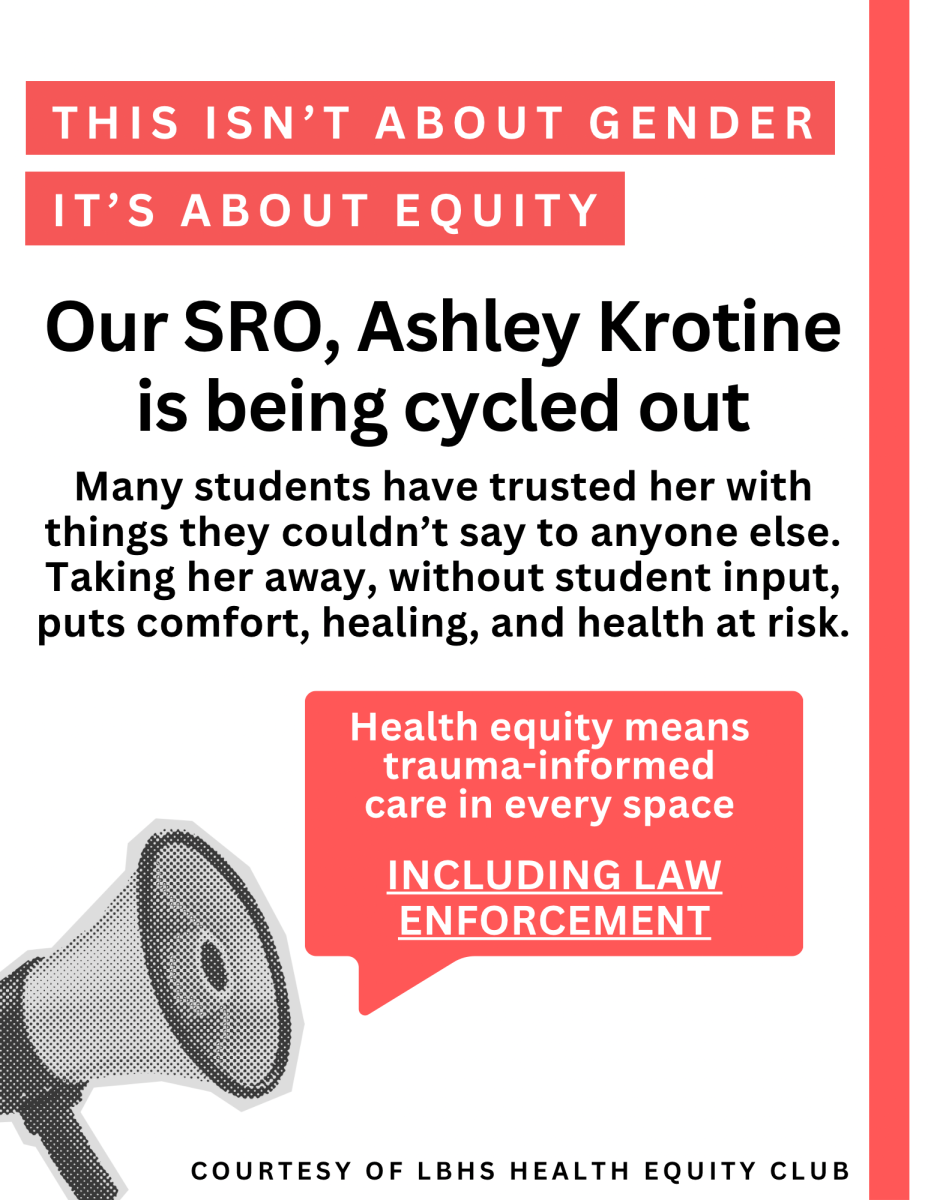Main character syndrome is a social term used to describe a self-centered mindset where someone views themselves as the main character or protagonist in their own life, often at the expense of those around them. The issue is closely tied to narcissism; however, unlike Narcissistic Personality Disorder (NPD), main character syndrome is neither an official mental illness nor recognized within the professional medical community.
The concept of main character syndrome begins with self-centeredness, with those who have the syndrome tending to have an inflated sense of self-importance, as well as believing they are the center of attention and the focus of everyone else’s lives. These tendencies not only lead to loneliness, as people do not want to spend time with someone who makes every last thing about themselves, but also to one’s emotional intelligence deteriorating. People are always learning new things academically, socially, and arguably most importantly, emotionally; when someone’s emotional growth is prevented through self-centeredness, in which case they are so focused on themselves they cannot take into account the emotions of others, it makes it hard for them to process feedback, handle conflict maturely, or show genuine vulnerability. As seen by studies done by UChicago, NIH, and Psychology Today, these abilities are essential to maintaining healthy relationships in all environments, from lovers to colleagues.
Developing a lack of empathy is also associated with main character syndrome; those dealing with this syndrome may struggle to understand or care about the feelings and perspectives of others, viewing them as supporting characters or background actors in their own grand narrative. This destroys relationships, since when someone can’t, or won’t, understand how others feel, they may respond insensitively and therefore escalate arguments instead of resolving them. On the other hand, empathy helps de-escalate tension; without it, even small issues can spiral out of control. Going back to the isolation one can experience due to self-centeredness, people who consistently act without empathy often gain reputations for being cold, selfish, or rude. This can result in fewer opportunities for relationships, socially and professionally.
The superiority complex that is associated with main character syndrome is also detrimental on multiple fronts. While having self-confidence is a wonderful skill that many in the world wish to attain, someone feeling as though they are inherently better than others is not only harmful to those around them, but also to themselves. Ironically, superiority complexes are often a cover for deep insecurity; due to their self-worth depends on feeling “above” others, any challenge or criticism can feel threatening and trigger defensive, even aggressive, reactions. Being threatened by any and all challenges or critiques brings to light a whole new set of problems, as never accepting an opportunity to be wrong or lose eliminates an opportunity to grow as a person, which is what those who have main character syndrome really need to do to get over their issues.
Social media platforms significantly exacerbate this behavior, as people are constantly exposed to curated and often unrealistic portrayals of others’ lives, leading to feelings of inadequacy or the need to project an image of importance for them to feel seen and loved. Not to mention that platforms like Instagram, TikTok, and Twitter often reward boldness, self-promotion, and attention-seeking with likes, comments, and followers. This encourages people to build personas based on superiority and external validation, rather than authenticity. Once in this rapid cycle, it is extremely difficult for people to pull themselves out due to social media being an echo chamber. Algorithms make sure to show users content that aligns with their beliefs or self-image, no matter what that may be. For someone with a superiority complex, this process can reinforce their inflated self-perception by surrounding them with people who agree with or admire them, while filtering out all the critiques of their false image.
Overall, the main character syndrome epidemic is resulting in more and more people becoming isolated and unaware of those around them; increasing numbers of people are having their emotional growth stunted, relationships destroyed, and lives emptied by this seemingly invisible killer, but there are ways to get out of the cycle. Practicing empathy intentionally, trying to listen more than talk, embracing humility, learning to share the spotlight, limiting social media consumption, and engaging in group activities like sports or clubs are great ways to start getting out of the main character syndrome rabbit hole. Depending on how deep into the well one has fallen, it might take a considerable bit of time and patience, but eventually all the effort will pay off, and they will be much happier and more fulfilled in the long run.
So while the digital age might seduce us into believing we’re all stars in a show called Me, the truth is far less glamorous. If everyone is the main character, then no one is. A life built on constant performance and self-inflation isn’t a story worth watching; it’s a cautionary tale. The real plot twist? Fulfillment doesn’t come from being the loudest voice in the room or the most curated profile online. It comes from connection. From vulnerability. From recognizing that we are, in fact, one of many – not the sun, but a single star in a vast constellation.















